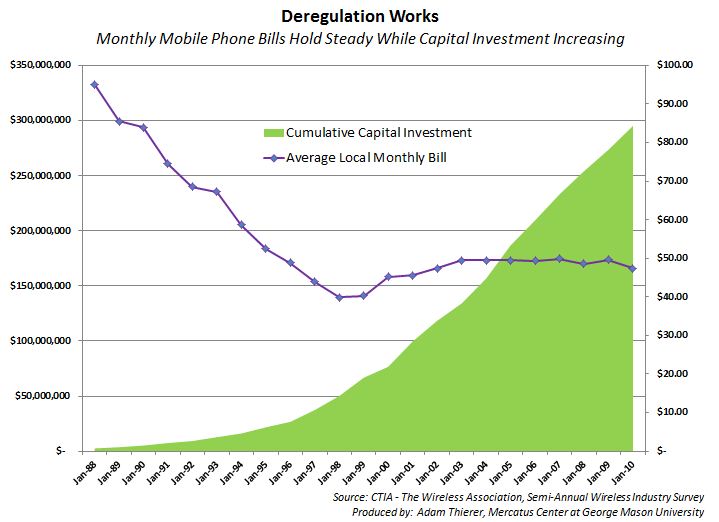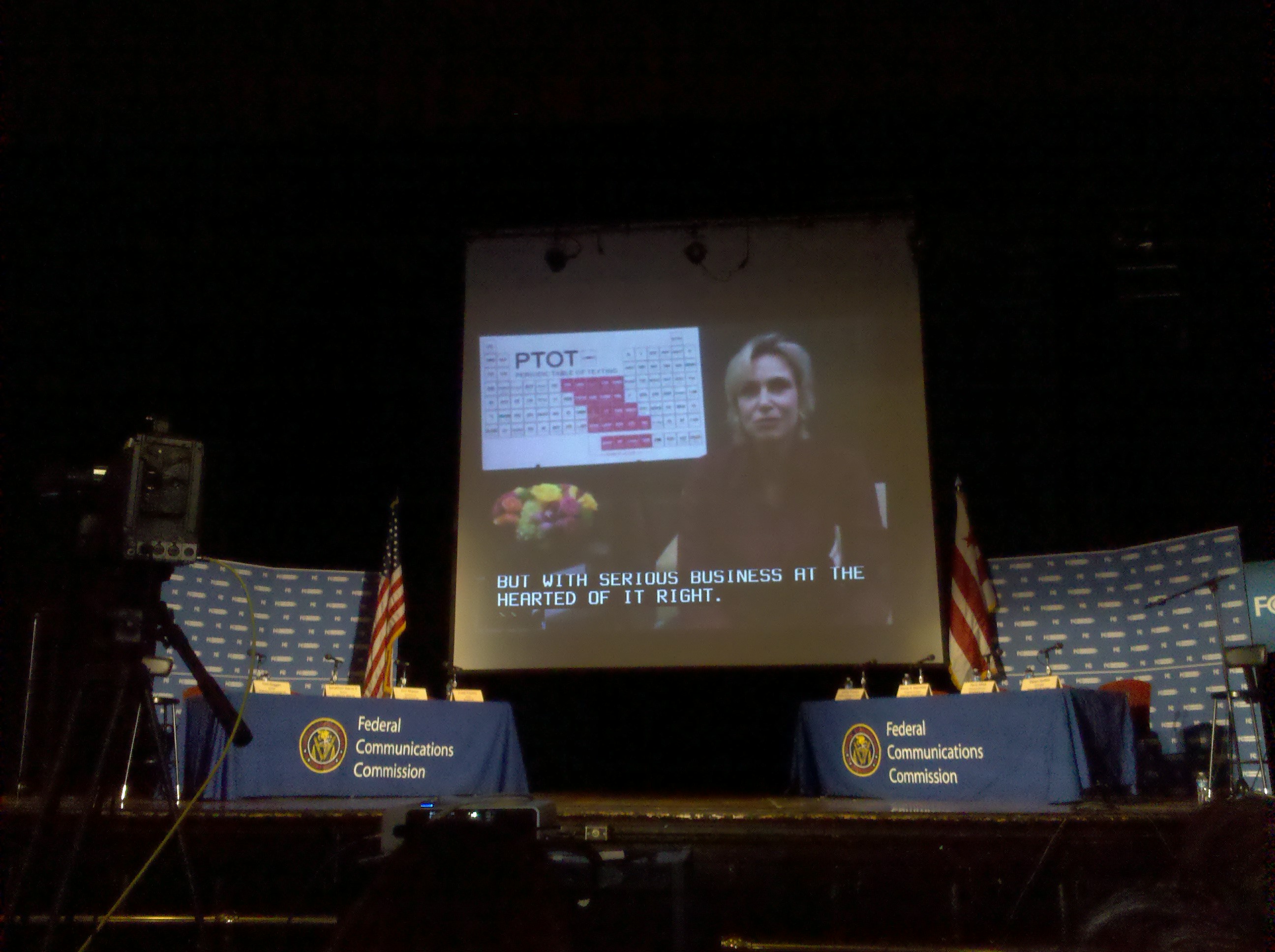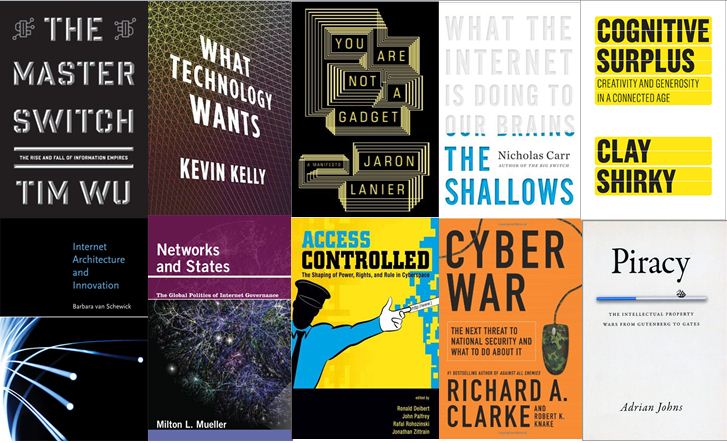This morning, a database of FY 2011 earmark requests was released by Taxpayers Against Earmarks, Taxpayers for Common Sense, and my own WashingtonWatch.com. With House Republicans generally eschewing earmarks this year, members of Congress and senators still sought over 39,000 earmarks, valued at over $130 billion dollars. Learn more on the relevant pages at Taxpayers for Common Sense, Taxpayers Against Earmarks, and WashingtonWatch.com.
This is transparency. The production of organized, machine-readable data has allowed these differing groups—an advocacy organization, a spending analysis group, and a “Web 2.0” transparency site—to expand the discussion about earmarks. The data is available to any group, to the press, and to political scientists and researchers.
Earmarking is a questionable practice, and, anticipating public scrutiny, House and Senate Republicans have determined to eschew earmarks for the time being. But the earmark requests in this database are still very much “live.” They could be approved in whatever spending legislation Congress passes for the 2011 fiscal year. They also tell us how our representatives acted before they got careful about earmarks.
Earmarks are a small corner of the federal policy process, of course, but when all legislation, budgeting, spending, and regulation has become more transparent—truly transparent, Senator Durbin—the public’s oversight of Congress will be much, much better. As I noted at the December 2008 Cato Institute conference, “Just Give Us the Data,” progressives believe that it would validate government programs and root out corruption. (That’s fine—corruption and ongoing failure in federal programs are not preferable.) I believe that demand for government will drop. The average American family pays about $100 per day for the operation of the federal government currently. That’s a lot.
Again, you can see how this data is in use, and you can use it yourself, by visiting Taxpayers for Common Sense, Taxpayers Against Earmarks, and WashingtonWatch.com. On the latter site, you can see a map of earmarks in your state and lists of earmarks by member of Congress and representative, then vote and comment on individual earmarks.
At considerable expense and effort, these sites have done what President Obama asked Congress to do in January. If earmarking is to continue, Congress could produce earmark data as a matter of course itself: The appropriations committees could take earmark requests online and immediately publish them, rather than using the opaque exchange of letters, phone calls, and—who knows—homing pigeons.
Congress should modernize and make itself more transparent. We’re showing the way.







 The Technology Liberation Front is the tech policy blog dedicated to keeping politicians' hands off the 'net and everything else related to technology.
The Technology Liberation Front is the tech policy blog dedicated to keeping politicians' hands off the 'net and everything else related to technology.